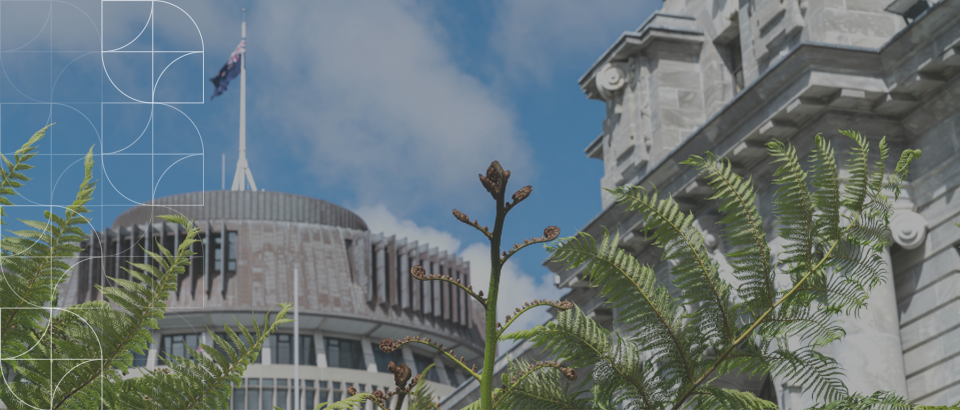New register of pecuniary interest in the works for Local Governments

New register of pecuniary interest in the works for Local Governments
Wednesday 30 March, 2022
What do a watermelon ornament, helicopter rides and a bronze drinking flask shaped like a goat all have in common? They are all gifts that current members of parliament have declared under the Pecuniary Interests Register. The 2020 register also had David Seymour declare additional income – as a celebrity dancer on Dancing with the Stars. Apart from being an interesting read on occasion, what is the purpose of a Pecuniary Interests Register?
Purpose of a Pecuniary Interests Register
The Pecuniary Interests Register is a list of pecuniary interests held by members of central government. A “pecuniary interest” refers to any personal financial interests, for example, an interest in a company, funded travel, gifts of more than $500, or payment for certain activities. Having a publicly available Pecuniary Interests Register promotes public trust and confidence and guards against potential misuse of powers.
It also helps avoid MPs’ personal interests conflicting with the responsibilities of their job. When conflicts of interest arise, these are managed carefully to ensure independent decision making, for example by removing the person from the matter, imposing restrictions on their further involvement, or engaging a third party to oversee the process to verify its integrity.
Currently, only MPs have to declare their interests on the Pecuniary Interests Register. Local government representatives cannot vote in a matter in which they have a pecuniary interest and while many councils have created their own registers through their Codes of Conduct, there is no central register.
Local Government (Pecuniary Interests Register) Amendment Bill
The Local Government (Pecuniary Interests Register) Amendment Bill will amend the Local Government Act 2002 (LGA), making it mandatory for local government representatives to declare their pecuniary interests and making it an offence if they fail to do so. Pecuniary interest is defined as “a matter or activity of financial benefit to the member,” a definition not previously included in the LGA.
The bill will bring consistency across all local authorities. Currently, most local authorities have some sort of pecuniary interests register, but the procedure and requirements can be different for each.
Changes and new inclusions
Following its first reading the Bill was reported back from the Governance and Administration select committee on 22 March with a unanimous recommendation that it be passed with a number of amendments. These include:
- The application of the Bill has been extended to include not only elected members of a local authority, but also those elected to a local board or community board.
- The purpose of the register is explicitly stated as being to record members’ interests so as to provide transparency and to strengthen public trust and confidence in local government processes and decision-making.
- Adjustments have been made to the details required in a return, including raising the level of investment or involvement triggering the need to disclose interests in a company and making it consistent with the Local Authorities (Members’ Interests) Act 1968.
- The requirement to declare an interest in an organisation or the receiving or seeking funding from the local authority is now more limited in its application.
- A provision has been added to make it clear that a member’s obligations under this bill do not affect their obligations under the Local Authorities (Members’ Interests) Act.
The Bill is currently awaiting its second reading.
Our Local Government team frequently advises local government clients on how to declare and manage conflicts of interest. If you need advice on how to update your Conflict of Interest policies and procedures to comply with the new bill, our experts can help.





